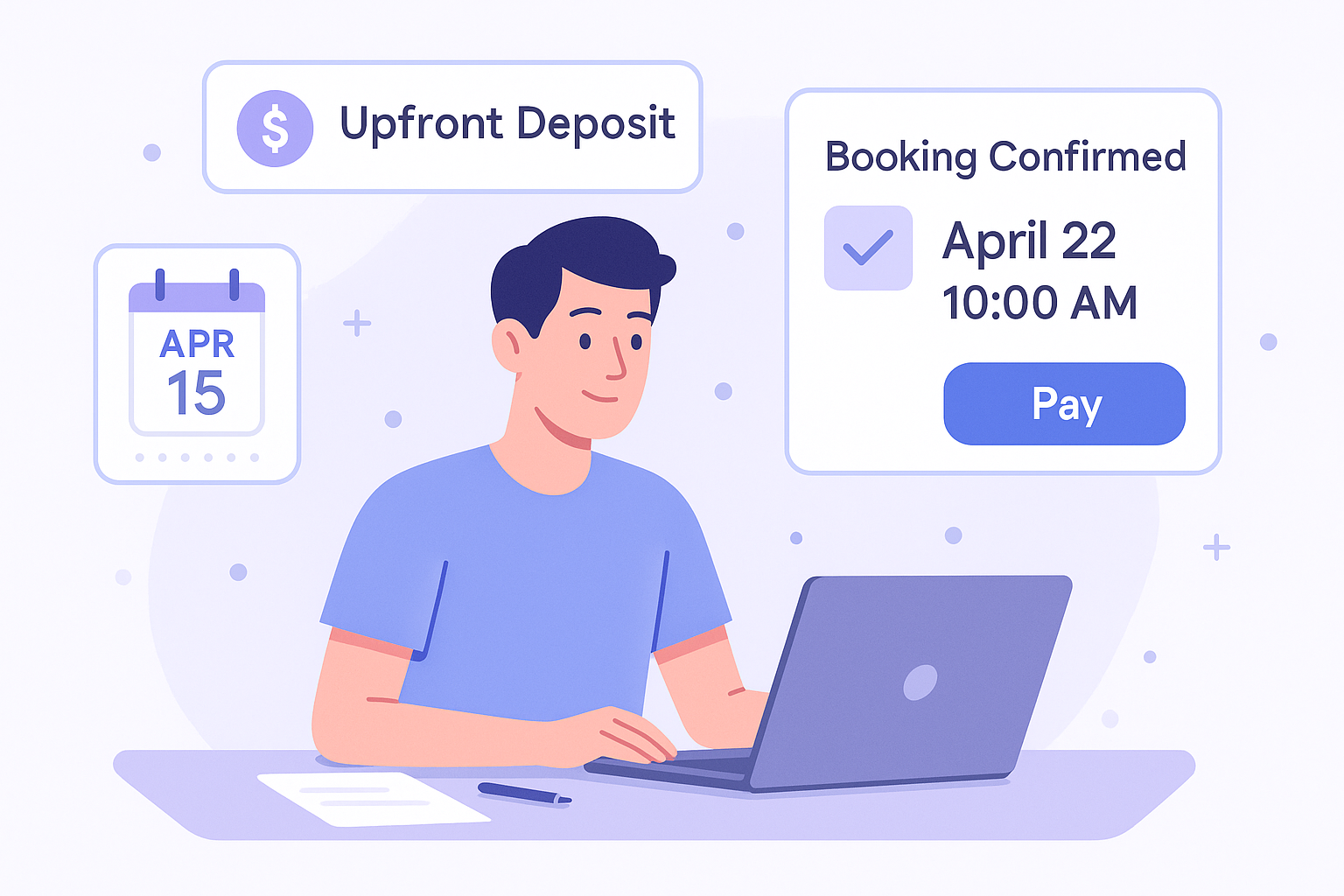


With the growth of the digital economy, freelancing online has become a popular and lucrative career option for people around the world. Whether you're looking for a side hustle or aiming to become a full-time freelancer, the opportunities are vast and the potential for income is substantial. But how exactly do you start freelancing online? This guide will walk you through everything you need to know to launch your freelancing career.
1. Identify Your Skills and Niche
The first step to starting an online freelancing career is identifying your marketable skills. Freelancers typically offer services in areas like:
- Writing and Content Creation (blog posts, copywriting, technical writing)
- Graphic Design (logos, branding, web design)
- Web Development (building websites, coding)
- Digital Marketing (SEO, social media management, email marketing)
- Virtual Assistance (administrative tasks, scheduling, customer support)
- Video and Audio Production (editing, animation, voiceover)
If you have a specific skill or expertise, think about how you can translate that into services that businesses or individuals need. It’s essential to find a niche where you can stand out from the competition. For example, instead of being a general "writer," you could specialize in SEO blog writing or technical writing for software companies.
2. Build Your Portfolio
Once you’ve identified your niche, the next step is to showcase your skills through a portfolio. If you’re just starting out and don’t have client work to showcase, you can create sample projects that demonstrate your capabilities. Your portfolio should:
- Highlight your best work.
- Showcase the variety of your skills.
- Include relevant results or metrics (e.g., increased web traffic by 30%).
You can use platforms like Behance, Dribbble, or create a personal website using Wix, WordPress, or Squarespace to display your portfolio. You can also display your portfolio on your Schemon channel as well. A strong portfolio is critical for attracting potential clients and establishing credibility.
3. Choose the Right Freelance Platform
Freelancers have the option of providing services through private system or marketplaces. Here are some popular freelance marketplaces, each platform has its own benefits and fees, so it's worth exploring which one fits your niche and career goals:
- Upwork: One of the largest platforms for freelancers, offering projects across various fields such as writing, design, programming, and marketing.
- Fiverr: Ideal for offering small, fixed-price services or "gigs."
- Freelancer: A large platform where freelancers can bid on projects.
While marketplaces are ok if you are just new in the field and looking for some extra work and trying to gain more experience, they tend to be more low value added for more experienced freelancers.
If you are an experienced freelancer, it is better to start building your own brand thorugh your own private freelancing platform. For this you have:
- Schemon: An integrated scheduling, communication and payments platform to cover all your freelancing operational needs.
- Zoom + Paypal + Email: Using standard tools separetely to handle your operational needs.
4. Set Your Rates
Setting your rates can be challenging as a new freelancer. You need to balance earning a fair income with remaining competitive, especially when starting out. Here are some tips:
- Research Market Rates: Look at what other freelancers in your niche are charging. You can use websites like Glassdoor, Upwork, and Freelancer to get an idea of the going rates.
- Start Competitive: When you're new to freelancing, it can be useful to price yourself slightly lower to gain experience and build up your portfolio.
- Increase Rates Gradually: As you gain more clients, experience, and positive reviews, you can increase your rates.
- Charge by the Hour or Per Project: Decide whether to charge hourly or per project. Hourly rates are ideal for ongoing work, while per-project pricing is better suited for one-off tasks.
5. Create a Strong Profile
Your profile on a freelancing platform is the first impression potential clients will have of you. To create a profile that stands out:
- Use a professional photo: A clear, friendly headshot helps build trust.
- Write a compelling bio: Explain your skills, experience, and how you can solve clients' problems. Focus on how you can provide value.
- Highlight key services: Clearly list the services you offer and what makes you different from other freelancers.
- Add relevant work: Include your portfolio pieces, reviews, and any certifications that add credibility.
You can add all these to your private Schemon channel.
6. Start Pitching and Applying for Jobs
Once your profile is set up, it’s time to start applying for jobs or pitching to potential clients. Here are some tips for landing your first gig:
- Tailor each proposal: Avoid sending generic applications. Make sure each proposal addresses the client’s specific needs and explains why you’re the right person for the job.
- Highlight your unique value: Emphasize your experience and the results you’ve delivered in the past. If you’re new, focus on how dedicated you are to delivering top-quality work.
- Stay Persistent: Freelancing is competitive, especially in the beginning. Be prepared for rejection and keep applying consistently.
A private freelancing channel for this first contact is great to provide a professional and premium feeling to your prospective clients. With Schemon you can send invitations and create schedules for meetings branded with your own name.
7. Deliver High-Quality Work
Once you land a freelance job, your next priority is delivering high-quality work on time. Satisfied clients can provide positive reviews, which will help build your reputation and lead to more projects. Here’s how to ensure quality delivery:
- Communicate Clearly: Keep the client updated on your progress and ensure you understand their expectations.
- Meet Deadlines: Timeliness is critical in freelancing. Ensure you manage your time effectively and deliver projects when promised.
- Exceed Expectations: Going the extra mile can impress clients and increase the likelihood of repeat work or referrals.
Schemon helps you out by providing video/audio chat, text chat, file transfers and archives on this matter. The scheduling features also help you out with managing the time correctly.
8. Build Long-Term Client Relationships
One of the keys to success in freelancing is building long-term relationships with clients. Repeat clients can provide a steady stream of work, reducing the time spent looking for new projects. To build strong relationships:
- Provide consistent quality: Ensure every project meets or exceeds client expectations.
- Stay in touch: Reach out to past clients periodically to see if they have any upcoming work or projects.
- Offer additional services: Once you’ve established trust, you can upsell clients on other services you offer.
9. Manage Your Finances
Freelancing requires good financial management. Since freelancers are responsible for their own taxes, you’ll need to keep track of your income and expenses. Here’s how:
- Set aside money for taxes: Depending on where you live, freelancers are usually required to pay taxes on their income. Set aside a portion of your earnings for taxes to avoid surprises at tax time.
- Track your earnings and expenses: Use tools like QuickBooks, FreshBooks, or Wave to track your income, expenses, and profits.
- Invoice on time: Ensure you invoice clients as soon as you complete a project to maintain cash flow.
Schemon can integrate with your accounting system, for example QuickBooks, and create entries automatically for you. The Schemon payment features let you collect payments easily and securely.
10. Keep Learning and Evolving
Freelancing is a constantly evolving landscape, and staying ahead of the competition requires continuous learning. Keep up with the latest trends and tools in your industry, take courses to improve your skills, and adapt to changing client demands.
Conclusion
Freelancing online offers flexibility, independence, and the potential for high earnings, but it also requires effort, persistence, and smart decision-making. By identifying your niche, building a strong profile, delivering quality work, and managing your finances effectively, you can build a successful freelance career.
Whether you're looking to freelance full-time or as a side hustle, the opportunities are endless. With the right strategy and dedication, freelancing online can open doors to financial freedom and career satisfaction.
Create you free private freelancer channel on Schemon right now and start hustling.











